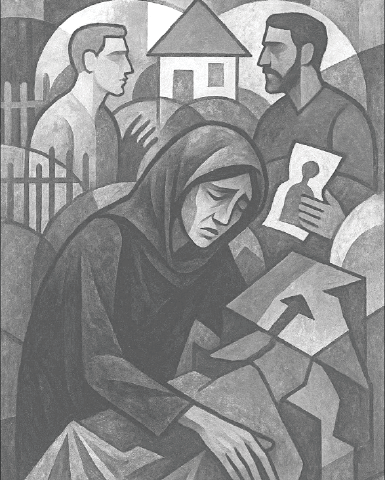SCROLLING through social media posts, I was struck by a recurring theme: women voicing the importance of having a place they could truly call their own — a home, a piece of land, or even a share in family property. Not as a gift, but as a right. It made me reflect on how often women are denied inheritance and property rights.
Inheritance is more than the transfer of land. It represents dignity, security, intergenerational benefit, and recognition within family and society. But do women truly receive it, or is it merely a hollow promise on paper and in religious scriptures? The country’s Constitution guarantees equality, and the Muslim Family Law of 1961 entitles women to a share of family property. In practice, however, patriarchal family structures continue to strip women of these rights.
As such, daughters are told that marriage and dowry expenses have been enough ‘compensation’ for them. Widows are pushed aside by in-laws, left without security and shelter. Even when women are registered as owners, their ownership is often symbolic; male relatives make the decisions related to selling, renting, or, in case of farms, cultivating.
Research shows that women own only about three per cent of agricultural land in Pakistan, and even fewer have authority over farming inputs or revenue.
This gap between law and lived reality reflects a rather deeper injustice. Until women can claim, manage and benefit from their inheritance, equality will remain an illusion. Recognising women’s property rights does not happen to be just about fairness, it is about reshaping society on the principles of justice and dignity.
Tabia khalil
Karachi
Published in Dawn, August 30th, 2025

